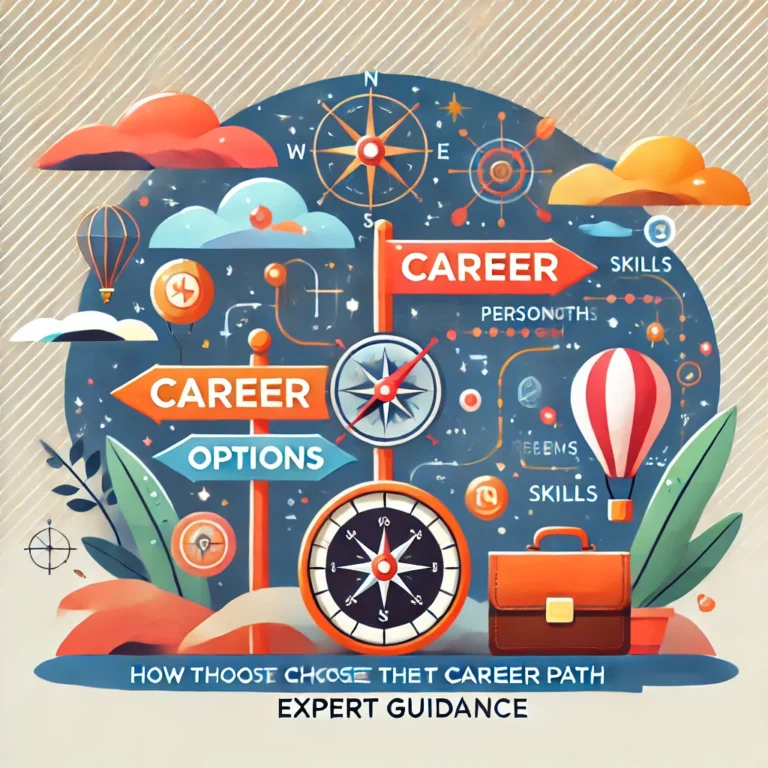Pursuing a Career as an Estate Lawyer: Pathways and Opportunities
How to Begin Practice as an Estate Lawyer: Possible Career Routes
THE ESTATE LAWYER: A MEANINGFUL PRACTICE Estate planning is a gratifying vocation that involves providing special legal services to clients in managing, protecting and distributing their assets at the time of incapacity or death. If you are considering this profession, then chances are that it’s making its way through your mind about the process involved and what opportunities there may be an how exactly to do the job. This all inclusive guide will tell you everything which is required to incorporate in your mind before working as an estate lawyer.
What Is an Estate Lawyer?
H1: What is an Estate Lawyer?
Estate lawyer, also called an estate planning attorney or probate and trust lawyers respectively help with these types of cases. This kind of layer helps clients to take care of their Welfare after death.
H2 – Roles and Responsibilities
Common Areas of Practice for Estate Lawyers
Drafting wills and trusts
Advising on tax implications
Managing probate processes
Drafting Powers of Attorney
Guidance on Guardianship
H3: Why Estate Law?
What Makes Estate Law Different: The Intersection of Legal Expertise and Personal Relations It involves knowing the law inside and out, as well as having a heart for those traditionally misunderstood in legal situations.
Educational Pathway
H1: Undergraduate Education
Your Journey Starts With An Undergraduate Degree Though no specific major is necessary, courses in political science, history and business can be helpful.
H2: Law School Admission
Step 2: Pass the Law School Admission Test (LSAT) This is a test of your reading skills, analytical reasoning and logical intelligence.
H3: Attending Law School
Law school is, ordinarily a three-year course. It is a broad law prompted topic; however, you will be seeking after these in estate planning and tax law.
H4 : Gaining Practical experience
Though those voluntary internships or clerkships during law school have the potential to bring you valuable experience. Seek opportunities with a law firm specializing in estate law or another related area of the law.
Licensing and Certification
H1: Passing the Bar Exam
You are required to take and pass the bar exam in the state where you want to practice after college. The exam can be quite comprehensive and covers a few different aspects of legal knowledge.
H2: CLE (Continuing Legal Education)
After this point all further CLE requirements must be fulfilled to maintain good standing and keep the license.
H3: Special Certifications
Some estate lawyers also attain the Certified Estate Planner (CEP) certification to demonstrate their advanced level of knowledge and specialization in this area.

Building a Career
H1: Finding Your First Job
Your career may also begin working under professional license holders, such as a law firm that you work for or the government. Way to job opportunities via : Networking and internships
H2: Craft an Area of Expertise
In the future, some of you may chose to focus your practice on trustee services or probate litigation; others in estate planning and elder law. Niche down which can make you more appealing to potential clients.
H3: Building a Client Base
It cannot be denied that you have to market your services and establish a client base. Build a website, blog or join one of the professional organizations to help increase your visibility.
H4: Networks and Professional Organisations
Participating in groups like the American Bar Association (ABA) and local estate planning councils can also foster networking as well as industry knowledge.
Opportunities in Estate Law
H1: Working in Law Firms
Most estate attorneys will get their start in law firms, which can range from small boutique practices to large multi-disciplinary organizations that have entire departments handling nothing but estate planning.
Corporate vs Financial Institutions (H2)
Certain lawyers work as in-house counsel for banks, trust companies and other financial service providers providing estate planning Administering a Trust Documentservices.
H3-Government & Non-Profit Organisations
Work can also be found within government and many non-profit organizations that specialize in either elder care or advocacy.
H4: Practising on your own
After gaining some experience, a small percentage of estate lawyers opt to operate their own practice. This route affords more flexibility and higher earning potential but needs to be coupled with an understanding of business practices.
Skills Needed for Success
H1: Legal Knowledge
You have to grasp estate law, tax law and protocols mean when the solution is necessary. In such cases, it is absolutely necessary to constantly educate yourself in order not to miss out anything going change daily or mastering the nuances of aw.
H2: Analytical and Problem-Solving Skills
Estate lawyers work with convoluted information and resources which they have to make use of in order come up with the best option for their clients. Organization and analysis capabilities are important.
H3: Communication Skills
Written and verbal communication should be excellent. You must be able to explain legal ideas in plain English manner and draw up structured papers.
H4: EMPATHY AND INTERPERSONAL SKILLS
Selling on touchy points requires a surefire dose of empathy and client trust building. Solid interpersonal skills is very important
Challenges and Rewards
H1: Common Challenges
The job can be emotionally demanding as you have to interact with clients when they are going through a rough time. And let’s not overlook the complexities of legal issues and changes in law that are continual to manage.
H2: Rewards of the Profession
It may be quite challenging but being an estate lawyer is a very satisfying job. Your role is important because you are helping your clients build their legacy and take care of those who depend on them.
Career Advancement
Continuing Education and Certifications H1
Picking up new studies and certifications will broaden your knowledge base, making you a more valuable asset to any organization.
H2: Advancing Within a Firm
Through experience you are also able to progress within a law firm, and qualify as a partner or head of department.
H3: Expanding Your Practice
For example, as you become more experienced and knowledgeable in this area you can expand your practice to ancillary areas such elder law or business succession planning.
Conclusion
For those who want a career as an estate lawyer, this is the journey you pursue and commit yourself to, find out why. It is one that can lead you from the introductory first steps of an undergraduate education to a thriving practice full of opportunities and rewards. Whether working for a law firm, financial institution or starting your own wealth planning practice the skills you gain will allow you to help clients in their time of need.
FAQs
Question 1: The average salary for an estate lawyer?
The salary of an estate lawyer depends on the place where he or she is practicing, their experience and eye also in depending upon for whom they are working but common to all $70K – $150 K per annum.
Q2: What is the time frame of becoming an estate lawyer?
This can typically be achieved through seven years of post-secondary study (four years to earn a bachelors degree plus three additional full time years) followed by passing the bar exam and/or other state specific requirements.
A3: What skills do you need to become an estate lawyer?
They should be technically strong and hold a legal knowledge as their key skill, alongside analytical skills with problem solving abilities.
A: Estate lawyers can work part-time?
I mean, sure some estate lawyers moonlight or have flexible hours (most of them own their practice in general).
A5: Rodolfo Menegat – An estate lawyer does not need to be a probate litigator, which deals with probating wills.
Both involve estate matters, but an estate lawyer is concerned with planning and documentation issues (such as wills or trusts), while a probate lawyer specializes in the process of administering a deceased person’s state through the court.






